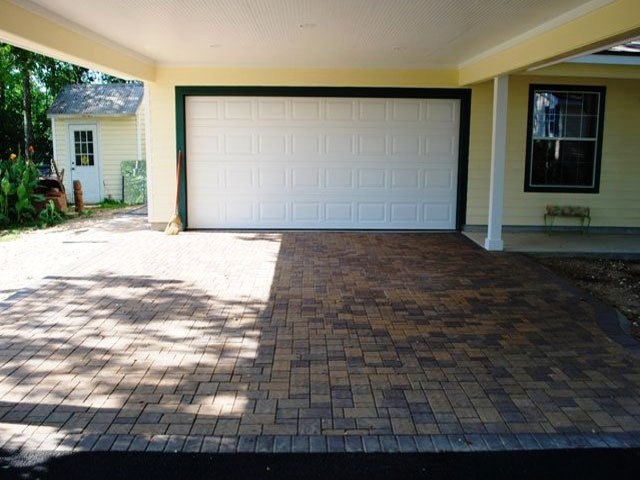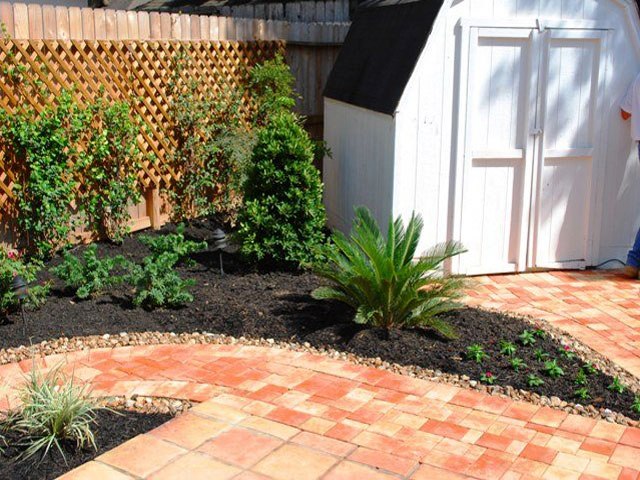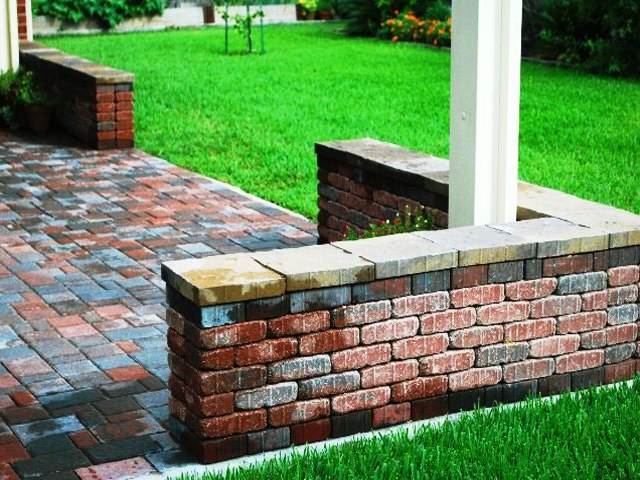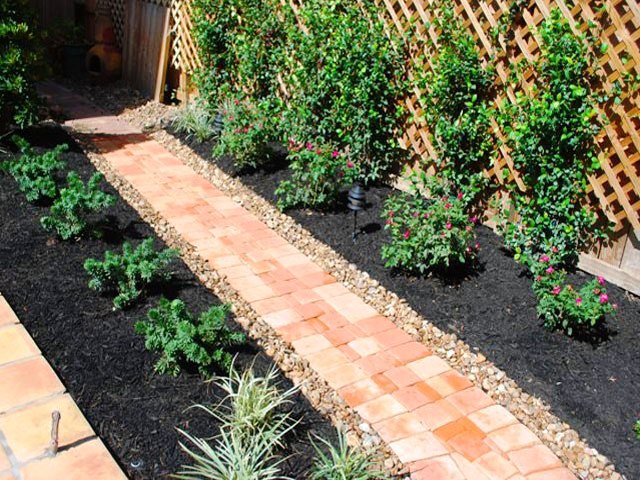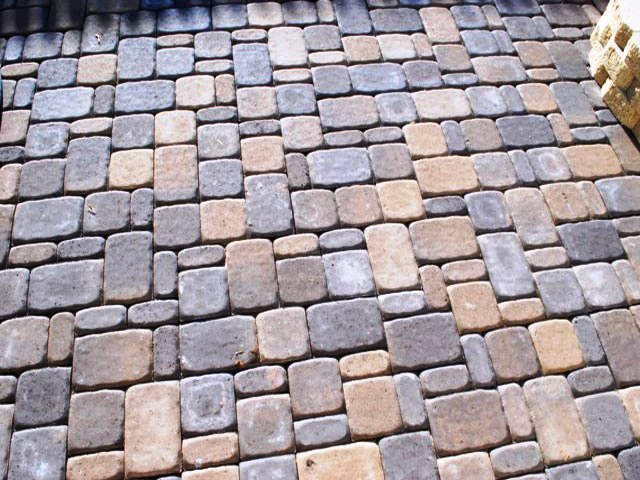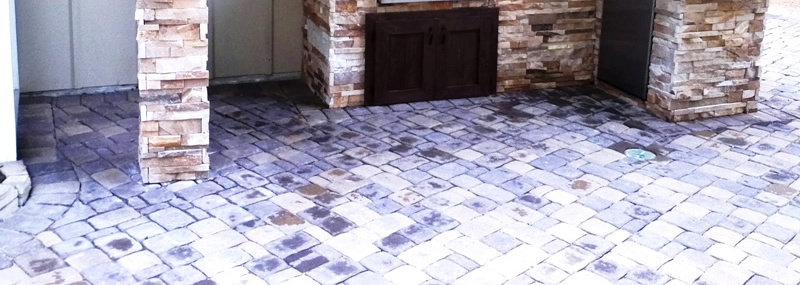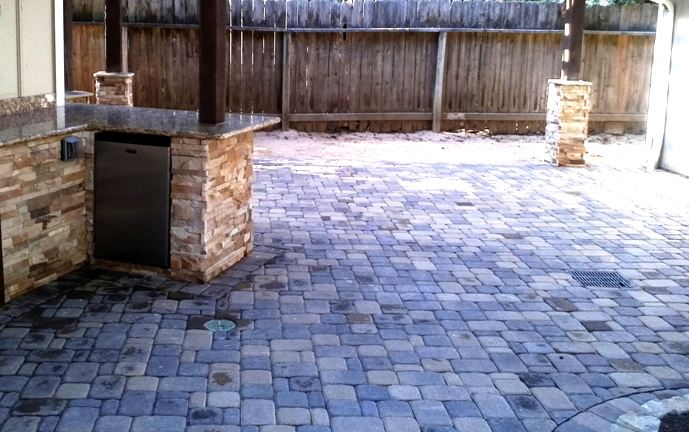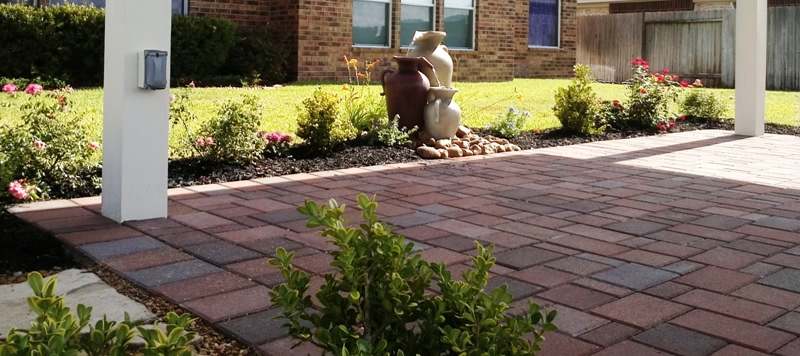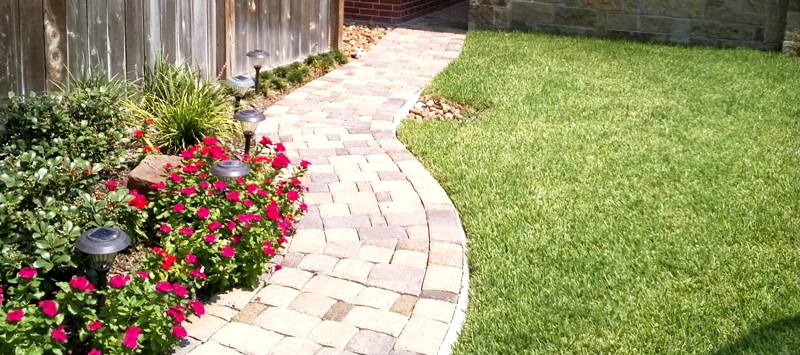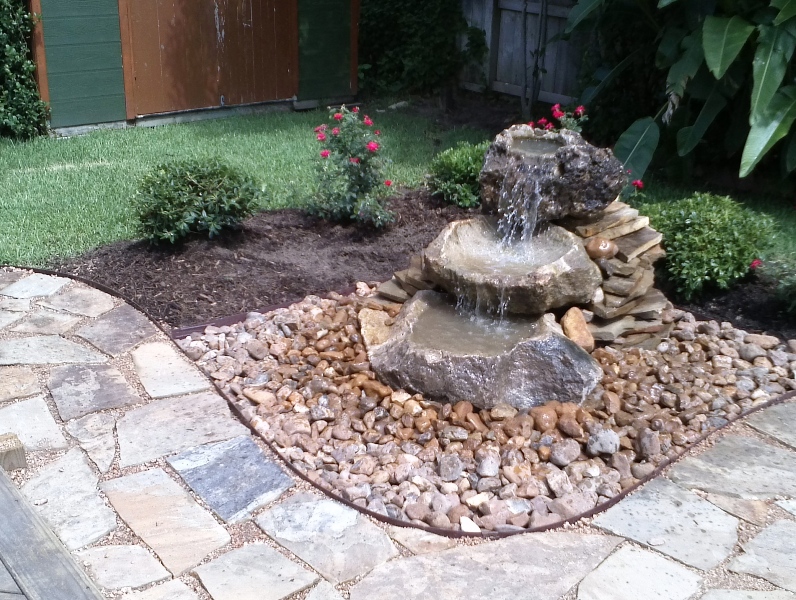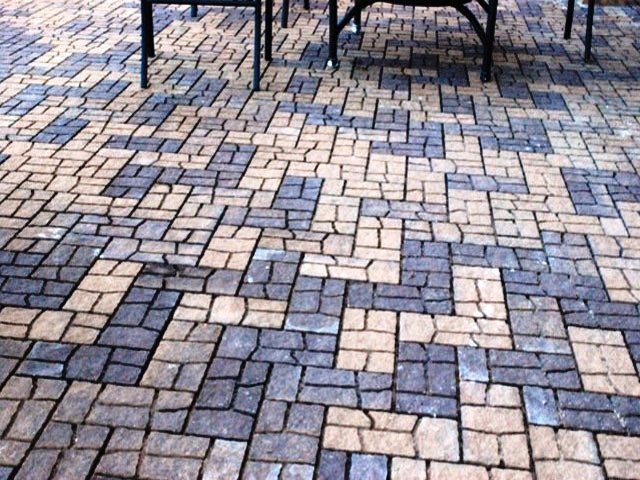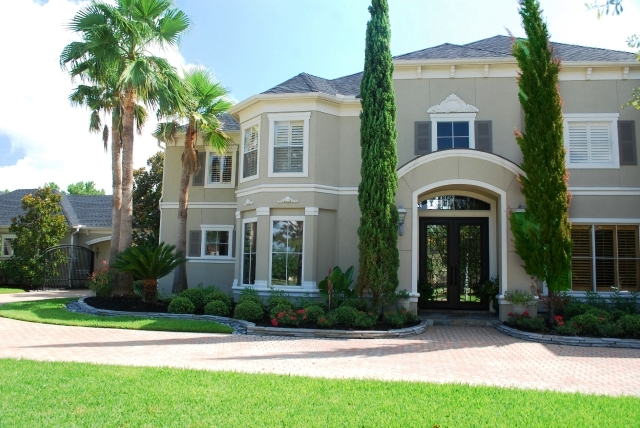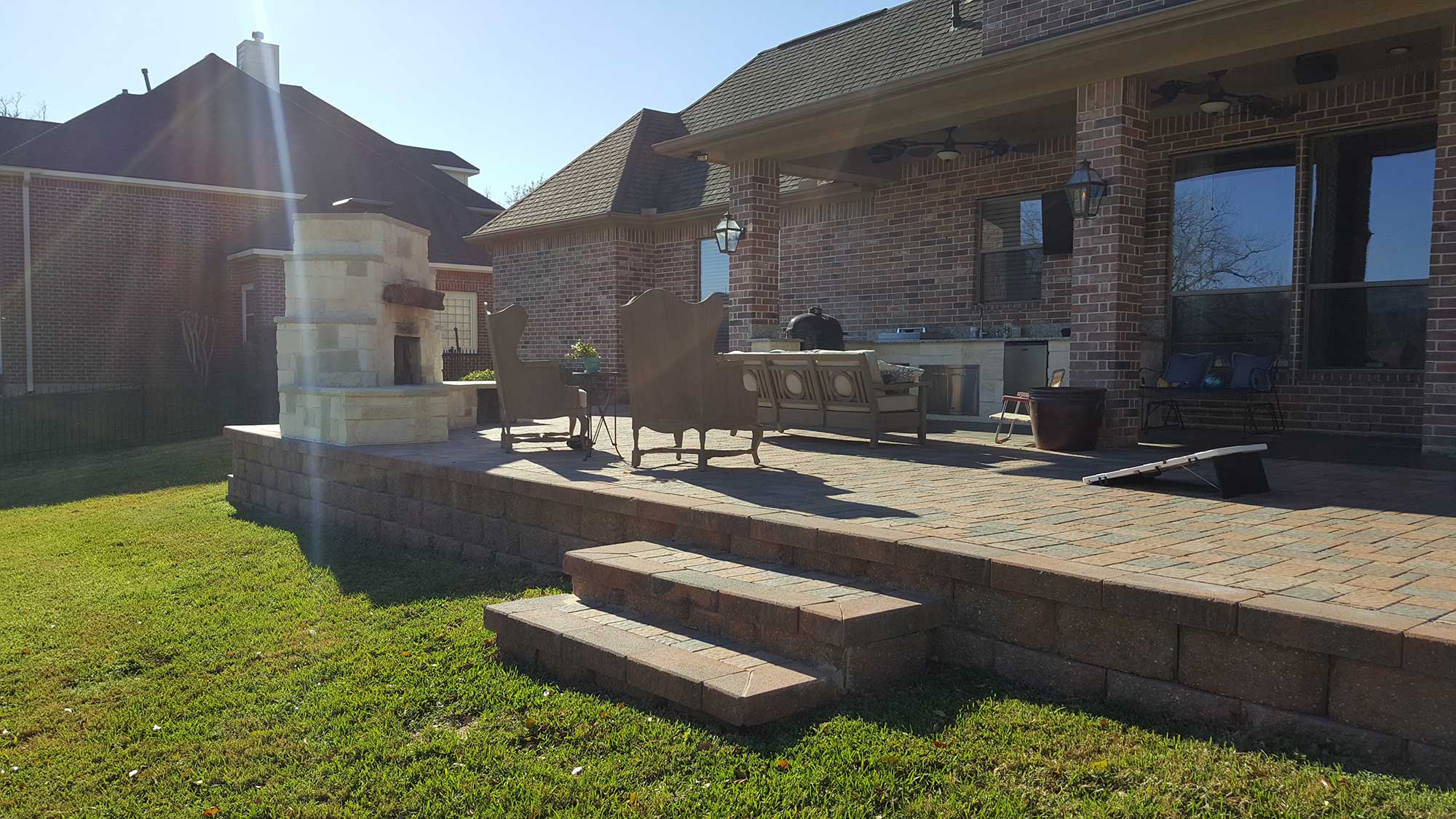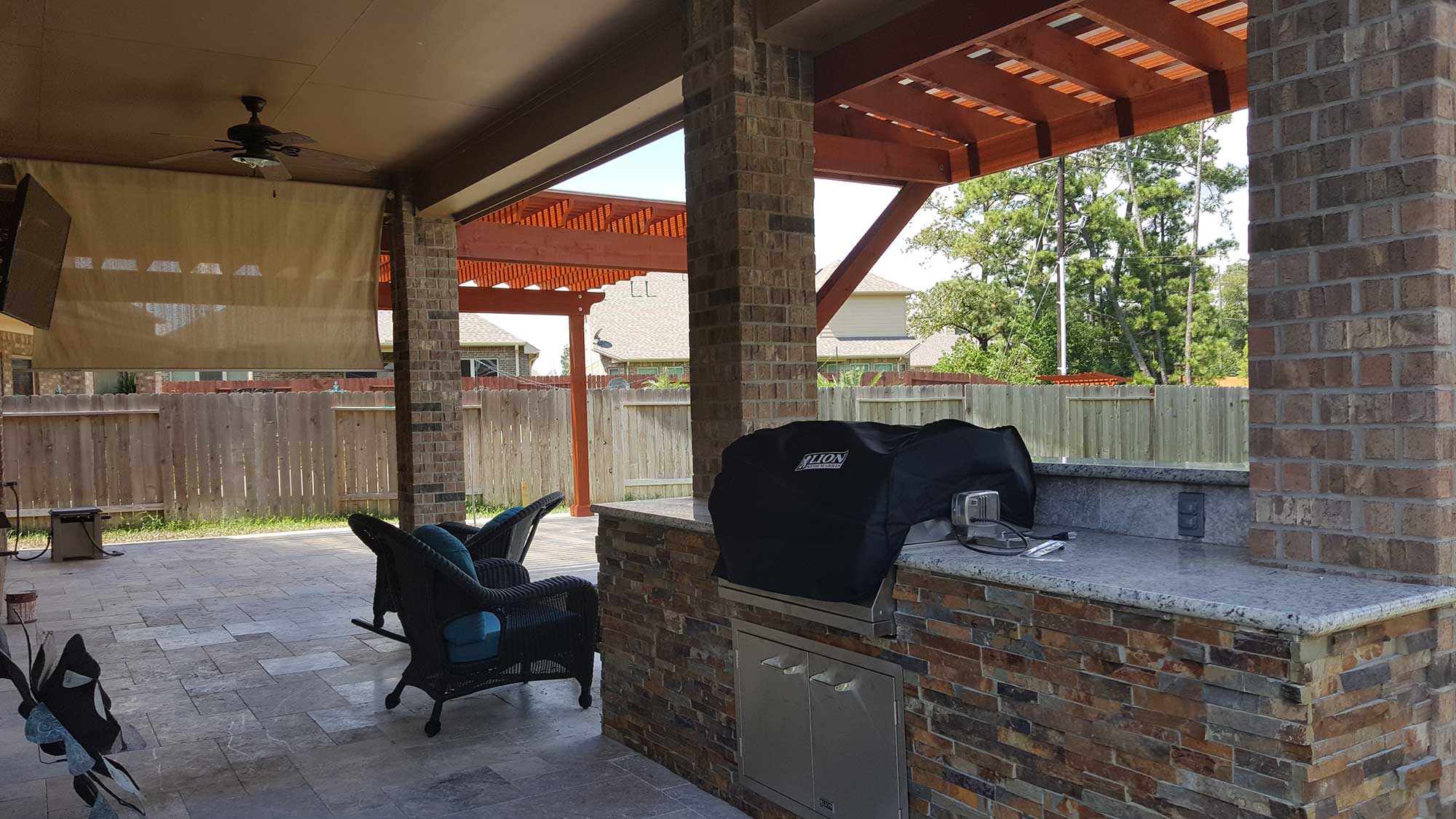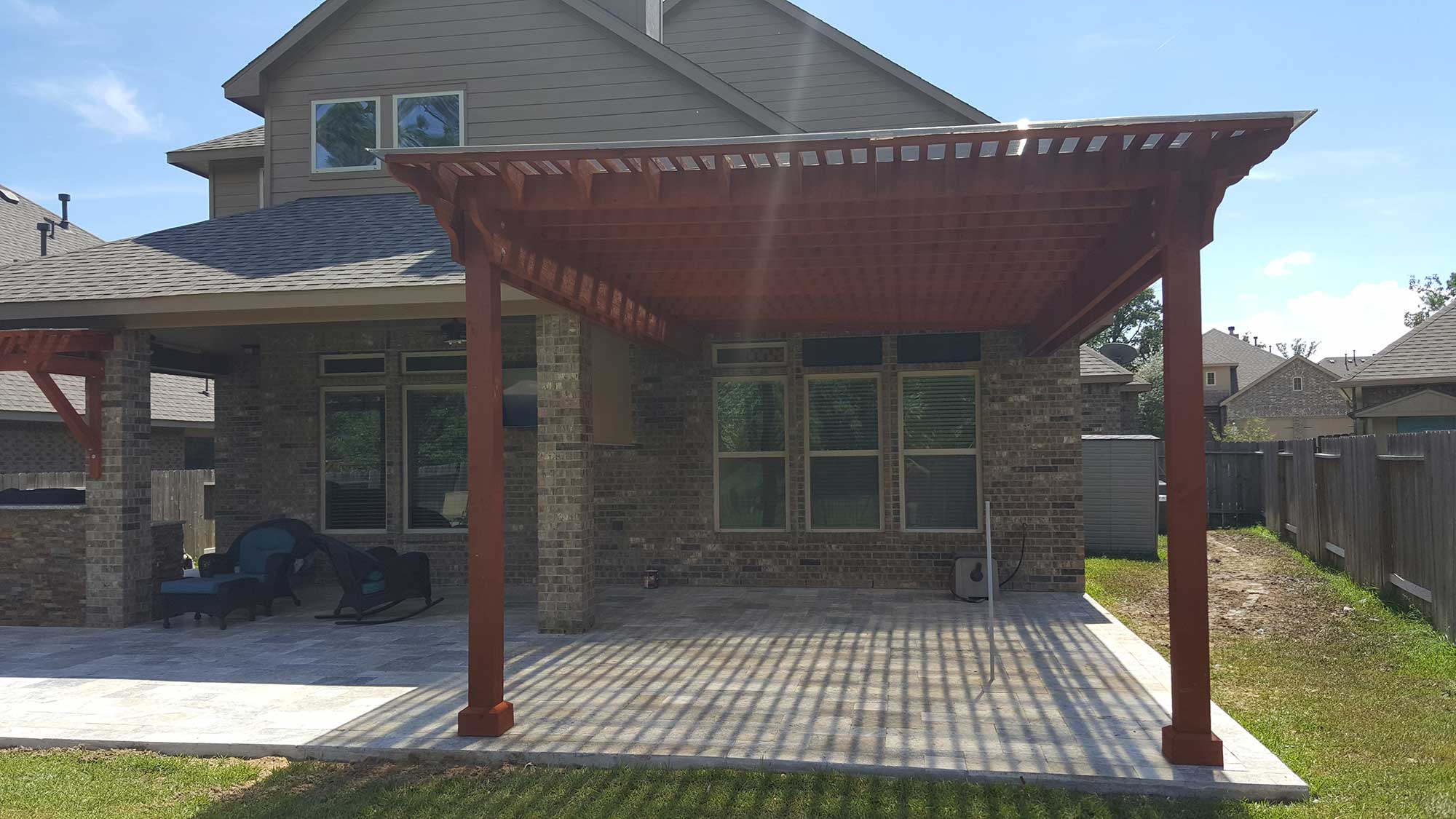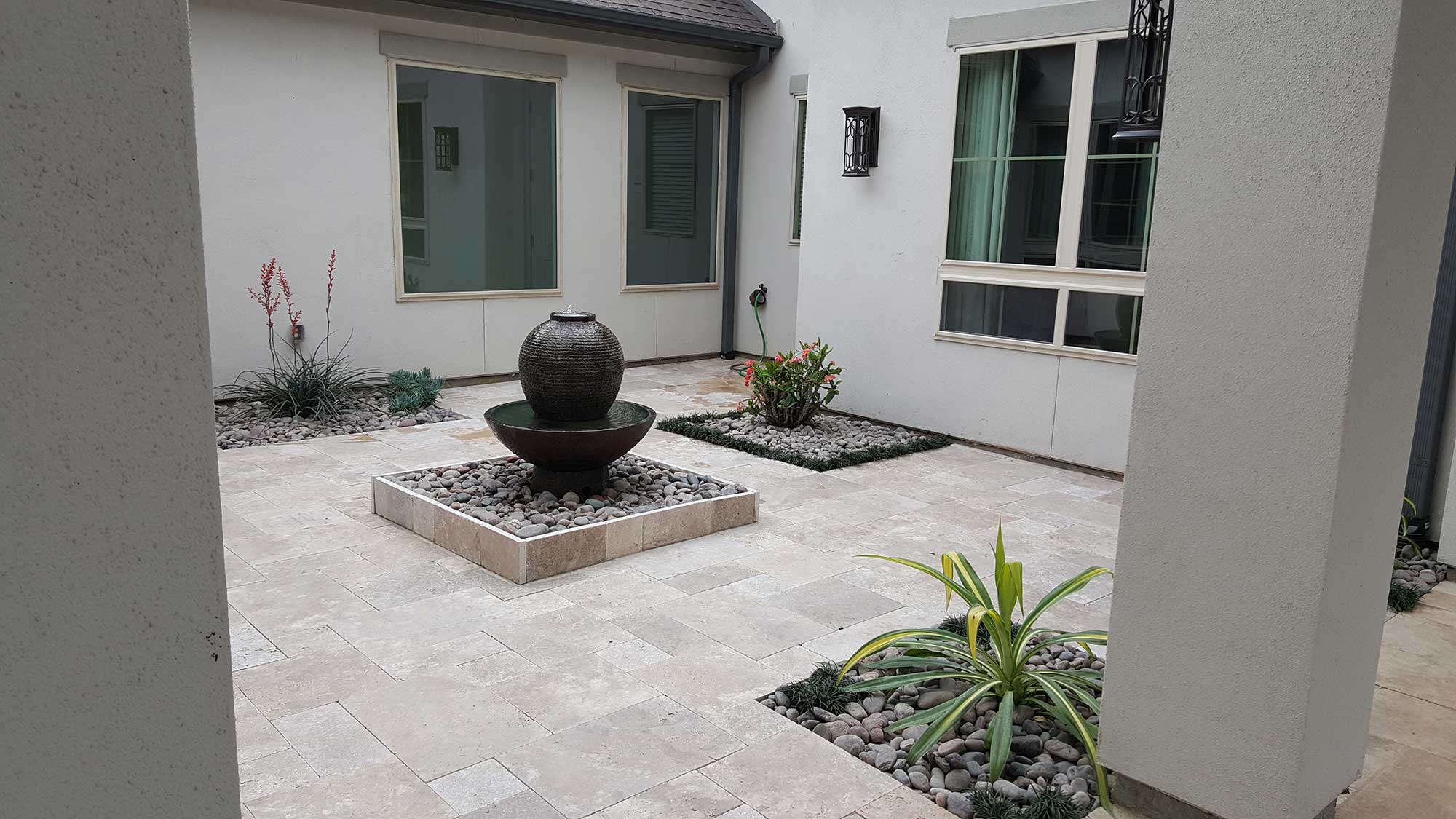Decorative pavers are a cast-type of concrete pavers available in various shapes, colors, textures and styles. They provide homeowners more choices besides the usual paver for their walkways, driveways, decks, patios, and pools.
So why should you opt for decorative paving?
They’re cost effective. While some decorative pavers may be a bit pricey to install, they’re economical over the long haul since they need not be replaced.
They’re durable. In the event of an earthquake, decorative pavers stand strong compared to the usual not-so-flexible solid concrete that is susceptible to cracking as the earth beneath it moves. Decorative pavers are installed on a gravel base with sand filler between each paver allowing them to shift along with the earth.
They last longer. Decorative pavers can withstand the wear-and-tear of regular use as well as the onslaught of nature’s elements such as wind, rain, and dust, especially when properly maintained.
They are more appealing to the eyes and so add more value to your property. Decorative pavers offer a wide range of colors, sizes and even textures to choose from. Homeowners can let their imagination run wild when planning their driveways, walkways, or patios. And unlike stamped concrete where the color or design is bound to fade due to constant exposure to heat and light, decorative paving stones have a natural color that permeates through them making their color and design more permanent.
They’re easier to maintain. Regular sweeping, hosing, and mild brushing are all that’s needed to keep pavers looking fab all the time.
It’s also a big bonus that pavers are ready to use once they’ve been installed unlike concrete that needs to be totally dried before being available for use. And in case a paver gets chipped or cracked, only that particular paver stone needs to be replaced without disrupting the rest of the set pavers. On the other hand, repairs on cracked concrete definitely show.


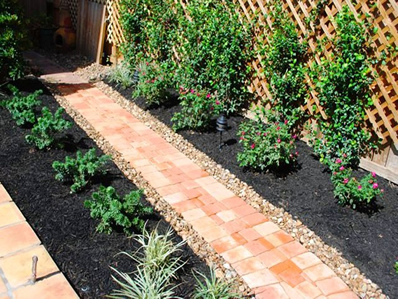 If you’re wondering how to highlight your outdoor living spaces? Pavers are the ideal flooring that can be used on:
If you’re wondering how to highlight your outdoor living spaces? Pavers are the ideal flooring that can be used on: So, it is critical that the paver or wall installation contractor you plan to hire really know what they’re doing and can guarantee high quality work. In order to find out if you’re getting your money’s worth, ask your potential hardscape contractors these questions.
So, it is critical that the paver or wall installation contractor you plan to hire really know what they’re doing and can guarantee high quality work. In order to find out if you’re getting your money’s worth, ask your potential hardscape contractors these questions.





